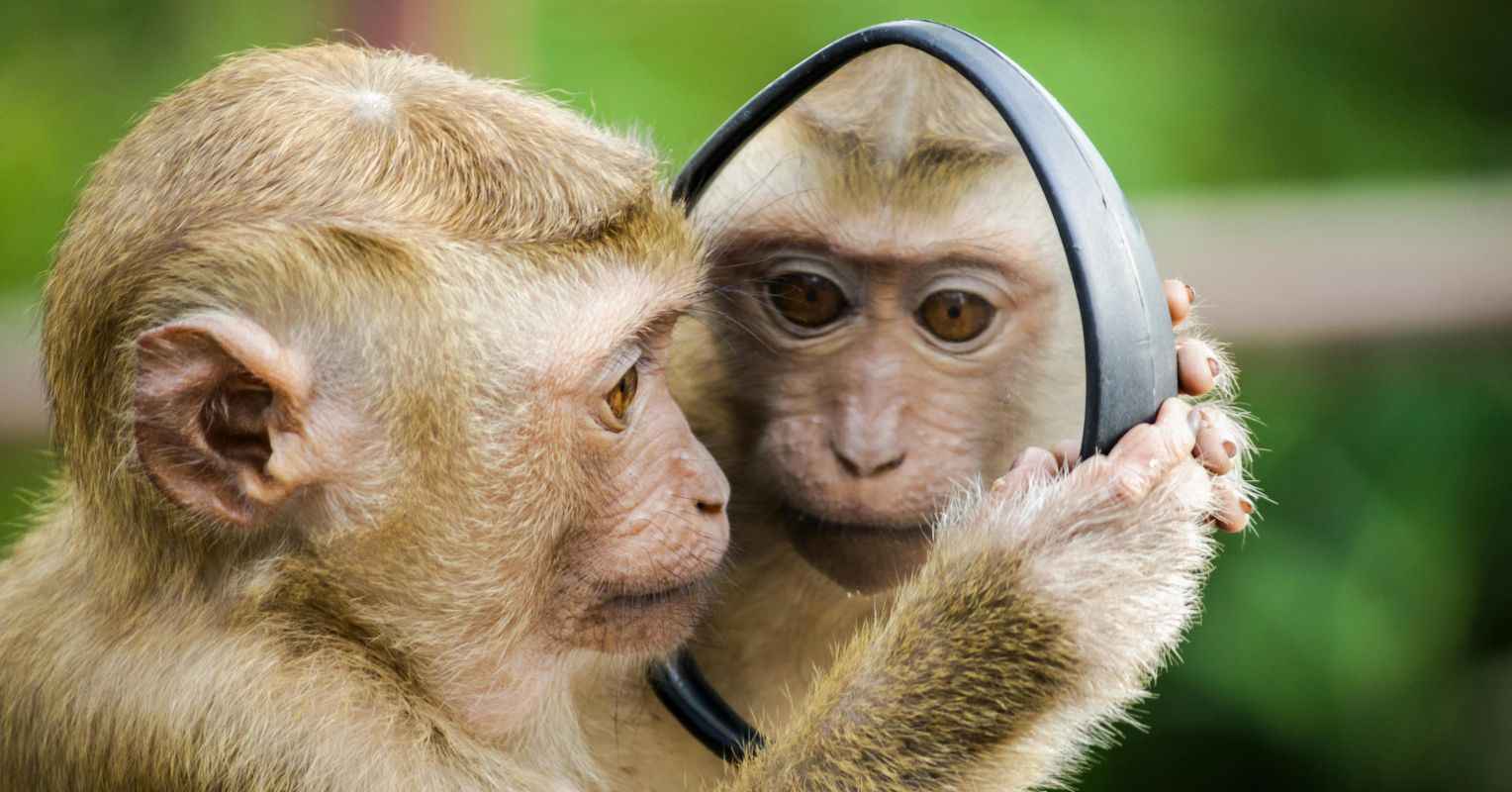
"Facial expressions in mice and monkeys can reliably predict their internal cognitive states and future behaviors, suggesting similarities with human emotional signaling."
"The study trained monkeys and mice to navigate a virtual environment, showing that their facial expressions correspond to internal task-relevant states."
"Facial expressions signal internal cognitive states, enabling predictions about subsequent behavior in mice and monkeys that parallel human emotional expression."
"Long-standing theories in human psychology about universal facial expressions of emotions extend to non-human animals, as evidenced in this research with primates and rodents."
A study examined the relationship between facial expressions and cognitive states in mice and monkeys. Animals were trained in a virtual environment to search for targets and were rewarded with food. Researchers recorded facial expressions and applied a model to predict internal cognitive states based on these expressions. The findings indicate that, akin to humans, both species use facial expressions to signal task-relevant internal states, which ultimately influence their subsequent behaviors.
Read at Psychology Today
Unable to calculate read time
Collection
[
|
...
]